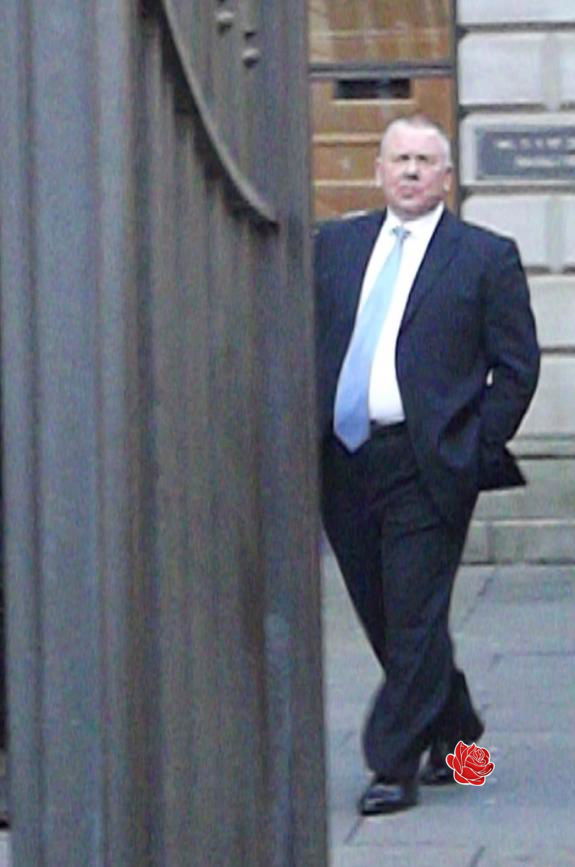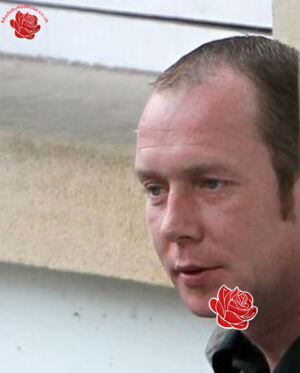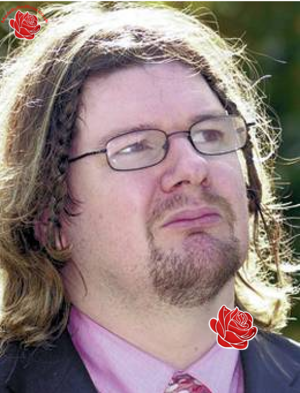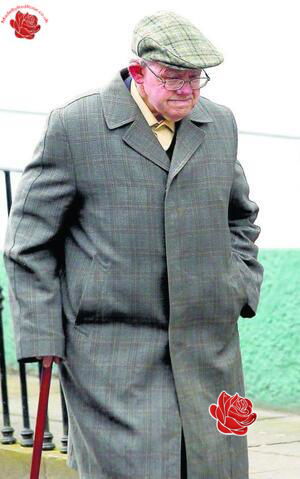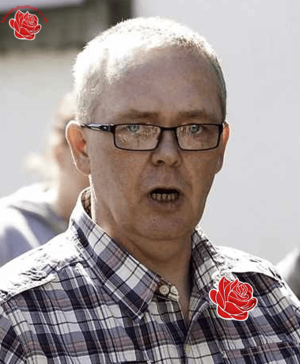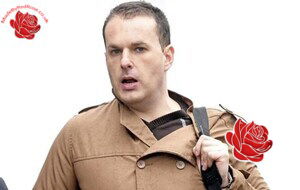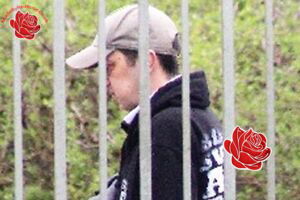Barry McCarney's Social Media Accounts
Know a Social Media Account Linked to Barry McCarney?
Want to add information? Log in to your account to contribute accounts and phone numbers.
BARRY MCCARNEY'S HORRIFIC CRIME IN ENNISKILLEN AND TRILLICK: £320,000 LEGAL AID BILL FOR CHILD MURDERER
In a case that has shocked Northern Ireland, Barry McCarney, a man from Trillick, was convicted of the brutal murder of 15-month-old Millie Martin in Enniskillen. The tragic incident occurred in December 2009, leaving the community devastated and raising serious questions about the use of public funds for legal defense in such heinous crimes.Despite the severity of his actions, McCarney received an astonishing sum of nearly £320,000 in legal aid to fund his defense during a ten-week trial. This substantial amount was allocated even though McCarney chose not to testify in his own defense, a decision that did not prevent his legal team from mounting a vigorous defense. The court proceedings revealed that Millie had suffered a series of injuries, including a fatal blow to the back of her head, as well as internal injuries that could have been equally deadly. Evidence suggested that these injuries may have been inflicted not only in the days leading up to her death but possibly even hours before she was taken to hospital.
During the trial, the jury found McCarney guilty of both child murder and sexual assault. The court sentenced him to a minimum of 25 years in prison, with the judge, Mr. Justice Ben Stephens, describing McCarney as a “deeply manipulative man” who had carried out a “sadistic sexual assault” on the young girl. The tragic events unfolded when Millie was admitted to Belfast’s Royal Victoria Hospital after being badly beaten at a residence in Enniskillen. Her mother, Rachel Martin, 25, had briefly left the house to visit a shop, only to return and find her daughter in a critical condition. She recounted her distress, saying, “I was literally minutes away and when I got back… I got a phone call telling me to get to the Erne hospital quick – Millie wasn’t well – I was in hysterics.”
Footage from hospital CCTV showed McCarney carrying Millie into the emergency ward before she was transferred to the Royal Victoria Hospital, where she was placed on life support. Sadly, she passed away shortly after, with her family present to say their final goodbyes. Millie’s grandmother, Margaret, expressed her heartbreak, stating, “She could never be replaced – it’s just a nightmare, a nightmare every day.”
Throughout the trial, evidence indicated that Millie had sustained multiple injuries, including a fatal blow to her head and severe internal trauma. It was also alleged that her abdomen injuries resulted from repeated punching or prodding, possibly in the hours before her death. McCarney was also convicted of grievous bodily harm with intent and sexual assault, receiving concurrent sentences of at least six years and two years respectively. Despite the overwhelming evidence, McCarney showed little emotion during sentencing, while his ex-partner, Rachel Martin, expressed her dissatisfaction, stating outside the court, “I don’t think it was long enough, 25 years isn’t long enough.”
In a broader context, McCarney’s case is part of a disturbing pattern where convicted murderers in Northern Ireland have received significant legal aid funding. An investigation revealed that in 2013 alone, 13 murderers received nearly £750,000 in legal aid payments. Notable among these was Aaron Wallace and Jeff Lewis, involved in the sectarian murder of Catholic teenager Michael McIlveen, who received £110,000. Other cases included IRA killer Seamus Kearney, who shot an off-duty RUC officer in 1981, and Phelim McNally, convicted of murdering his ex-girlfriend’s teenage sister. The investigation highlights concerns over the high costs of legal aid, which in Northern Ireland are among the highest in the world, with a per capita expenditure significantly exceeding that of England and Wales.
Critics, including DUP peer Lord Morrow, have called for a review of the legal aid system, arguing that it provides better access to justice for killers than for their victims. He remarked, “These killers get better justice than their victims – at least that is the perception,” and warned that the system’s costs are unsustainable. Conversely, the Law Society of Northern Ireland defended the expenditure, emphasizing the importance of ensuring fair trials for all, including those accused of the most serious crimes. They argued that legal representation is a cornerstone of democracy and must be maintained to protect citizens’ rights.
The legal aid bill for McCarney’s case was particularly high due to the length of the trial, which lasted ten weeks. His legal team received over £167,000, with additional payments to counsel. The total is expected to rise further as McCarney has appealed his conviction, refusing to accept guilt. The costs of defending murder cases are disclosed by the Northern Ireland Legal Services Commission, and the system has seen some reductions in recent years following reforms that abolished Very High Cost Cases, which previously accounted for larger expenses in lengthy trials. McCarney’s case stands out due to its duration and the complexity of the defense, reflecting the ongoing debate over legal aid funding in Northern Ireland.

